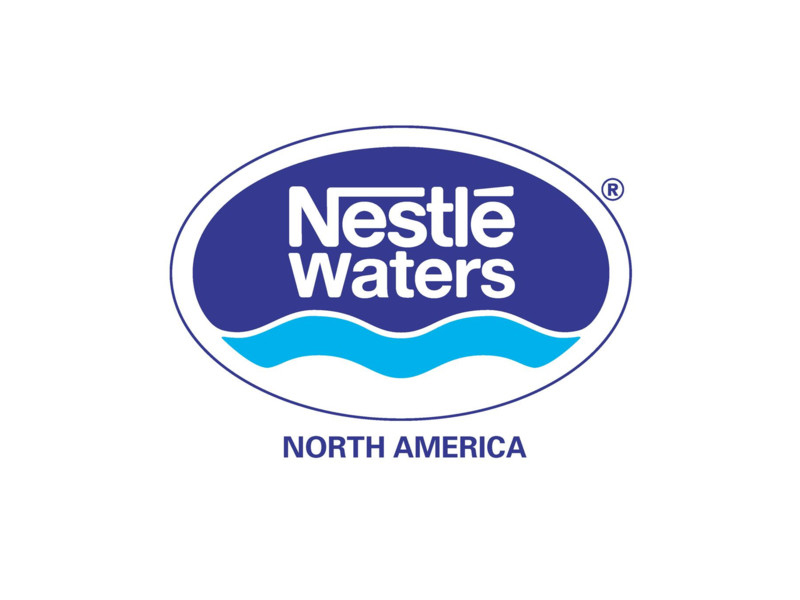The Nestlé Waters North America 1041 permit hearing opened Tuesday, Oct. 20, with a 6-hour session featuring testimony by county staff members, county consultants, various stakeholder agencies, Nestlé representatives, and members of Unbottle and Protect Chaffee County Water LLC.
A conservation easement, multiple water issues and economic considerations were among topics discussed. Chaffee County Commissioners will accept additional public comments about the permit at 9 a.m. and 5 p.m. Thursday, Oct. 22.
County Attorney Jennifer Davis said the legal standards for renewing the 1041 permit are performance standards, not zoning standards. “If the standards can be met with reasonable conditions, (Nestlé’s) permit can be approved with these conditions.”
Conservation Easement
Davis confirmed that a conservation easement was not one of the 44 conditions spelled out in the original 1041 permit but said other language in the permit committed Nestlé to establishing the easement.
Unbottle cofounder and Salida resident Tom Bomer said that permit language was “careless” and had allowed Nestlé to delay establishment of the conservation easement.
Nestlé Natural Resource Manager Larry Lawrence said the company began work on the easement after performing work to remove the defunct hatchery infrastructure and restore the wetlands. He said Nestlé had engaged with multiple organizations about the easement before deciding to work with Colorado Parks and Wildlife.
Chaffee County Planning Manager Jon Roorda noted that the Nestlé had recently completed a land swap with the Jacobsons to facilitate the conservation easement by creating one contiguous piece of property.
Parks and Wildlife Area Wildlife Manager Jim Aragon said he has had “good communications” with Nestlé representatives but that CPW’s process takes time. That process requires consideration and approval at the local, regional and state levels, culminating in legislative approval by the Colorado General Assembly.
Aragon said CPW had recently completed a baseline survey to identify natural resources at the Nestlé property, which he characterized as “high-quality resources.” He said the next step would be to get approval from the CPW Commission.
Water Issues
Concerning hydrology and aquifer sustainability, Gary Thompson, a water resources engineer with more than 40 years of experience, testified that Nestlé’s operation:
- “Has not caused a reduction of the natural flow of the Arkansas River.”
- Has not adversely affected the Ruby Mountain or Bighorn springs wetlands.
- Has not resulted in injury to other decreed water rights.
- Has not caused “long-term or progressive decline” in the groundwater monitoring wells.
- Has been in compliance with the 1041 permit requirements.
Upper Arkansas Water Conservancy District General Manager Terry Scanga said the 1041 permit requirement that Nestlé’s water be replaced upstream from Ruby Mountain Springs provides significant benefits by keeping more water in the upper Arkansas River (upstream from Pueblo Reservoir).
The Upper Ark District provides the replacement, or augmentation, water from Twin Lakes Reservoir with releases timed to reach Ruby Mountain Springs so that river flows are not reduced below the springs.
Scanga also referenced a study by the U.S. Geological Survey that monitored Chaffee County groundwater, including the Pinedale Aquifer, from 2000 to 2003, which included some of the worst drought conditions on record for Colorado.
Even during these severe drought conditions, Scanga said, the USGS findings include 472,000 acre-feet of recoverable groundwater and an additional 523,000 acre-feet of surface flows annually.
“Chaffee County does not have a water problem,” Scanga concluded.
When asked about the ability to continue to replace Nestlé’s out-of-priority water use, Scanga said the district policy is to have 2-3 times as much water in storage as is needed annually but that the district currently stores enough water to meet annual needs for 4-5 years.
Speaking on behalf of Nestlé, Colorado water attorney Steve Sims said that the Colorado courts determined commercial water bottling is a “beneficial use” under state water law in 1972.
He also said that Nestlé cannot abuse its permits because the State Engineer and the Upper Ark District are monitoring the water use.
Bomer and Unbottle cofounder Jennifer Swacina, also of Salida, called augmentation, established by The Water Rights Act of 1969, “a shell game,” stating that the augmentation water released into the river by the Upper Ark District does not replace the water taken from the aquifer.
Scanga and others noted that the distance from Nestlé’s wells to where the aquifer discharges to the river is so minimal as to provide no opportunity to cause harm in the aquifer.
Bomer also stated that extreme drought conditions in western Colorado demonstrate that water imported from the Colorado River Basin should be left in the Colorado Basin, but Scanga indicated that Colorado continues to meet its Colorado River Compact requirements with water to spare.
Swacina said that the Commissioners failed to consider the effects of long-term drought and climate change in the original permit issued in 2009.
Economic Considerations
Lawrence said Nestlé has invested more than $15,700,000 in infrastructure and restoration at the Ruby Mountain Springs site and has provided nearly $700,000 in annual economic benefits to the county, including local residents’ wages and community giving.
He noted the only condition that Nestlé failed to meet was the requirement to hire 50 percent local drivers.
Part of the difficulty, he said, is that drivers require a special certification to drive tanker trucks. Also, the insurance company for the trucking company requires drivers to have three years of experience driving in the mountains.
Director of Chaffee County Housing Authority Becky Gray testified that she believes the county should re-think the community benefit of the local hiring provision.
She stated that the lack of affordable housing is a probable factor and suggested that the Commissioners replace the hiring standard with a condition that Nestlé establish a $500,000 housing fund with the Chaffee County Community Foundation.
Lawrence said Nestlé is working with Colorado Mountain College to establish a truck driver training and certification program in order to help create a local talent pool from which to hire more drivers.
The potential sale of Nestlé Waters North America by its parent company prompted discussion about requirements and potential negative ramifications given the possible acquisition of NWNA by a hedge fund company since hedge funds are notorious for making drastic cost cuts to maximize profit.
Davis noted that the current permit requires approval from the Commissioners for a change of ownership.
Bomer said the County Commissioners failed to negotiate an agreement more beneficial to the county in 2009, and issues like the failure to demonstrate a need for the project should constitute grounds for denial.
Swacina also pointed to conflict of interest concerns that raise questions about the permit’s validity (see previous articles here and here).
The County Commissioners will accept public comments beginning at 9 a.m. and at 5 p.m. Thursday, Oct. 22, at the Chaffee County Fairgrounds and via Zoom videoconference.
To be placed on the virtual sign-up sheet to give public comment on Thursday, Oct 22, the county requests that individuals text to 719-221-1579 their name, address, Zoom username and meeting to be attended (a.m./p.m.).
All members of the public will be able to give comments regardless of whether they have “signed-in,” the list is maintained to assist in the public comment process, according to information provided by the county.





